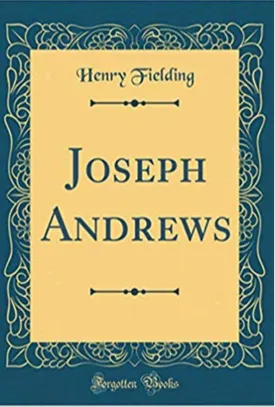Henry Fielding
Henry Fielding was an English novelist and dramatist who made significant contributions to 18th century popular literature. He was instrumental in ushering in the golden age of English novel-writing, paving the way for authors such as the notorious Jonathan Swift and the celebrated Jane Austen. While he is best known for his comic masterpiece Tom Jones, Fielding’s works spanned a variety of genres and themes.
Born in April 1707 to a gentry family in Sharpham Park, Somerset, he was the son of Sarah Gould and Edmund Fielding. As a child, Fielding was fond of reading and writing, and grew up reading works by classical authors such as Homer, Virgil, and Horace. His tutor, the Reverend William Wilson, suffered from a speech buffer and encouraged more creative pursuits.Towards the end of his studies, Fielding attended Leiden University in Holland where he continued to work on his writing, producing some of his earliest works during this period.
On his return to London, he joined the English legal system, serving there until 1737. During this period, Fielding wrote some of his first works, such as The Temple Beau, a satire on contemporary London fashions. He also wrote and produced some short plays, his first tragedy being Love in Several Masques. In 1729, Fielding became a magistrate and soon after began writing longer works, paving the way for the novel.
Fielding’s career as a novelist started with Shamela, published anonymously in 1741. Shamela was a parody of the novel Pamela by Samuel Richardson, and was an instant success. After that, Fielding quickly rose to fame, with Joseph Andrews (1742), followed by Tom Jones (1749), his most famous novel.
Fielding’s novels stood apart from other works of the period due to their comic tone, as well as his realism in portraying characters. His writing was also met with criticism from some, who thought it too risqué for the public. His later works, such as Amelia and The History of the Adventures of Joseph Andrews and its Sequel, attempted to legitimize his writing by exploring more serious themes such as religion and politics.
Fielding was instrumental in the development of the English novel, introducing the concept of free indirect discourse, which is a blend of the author’s narrative style and the characters’ own thoughts and speech. He also famously wrote that ‘A Novel should be a picture or history of human life’, a thought which has gone on to inspire many authors and storytellers.
Fielding sadly died in October 1754, at the age of 47. Despite his untimely death, his influence on storytelling and the English novel continues to this day. His works are beloved by readers, with Tom Jones still deemed as a classic of its era. Fielding also contributed to modern poetry and song-writing, as Jonathan Swift famously parodyed him in his poem ‘A Modest Proposal’. His works are inspiring to this day and he is remembered for his wit and charm.


